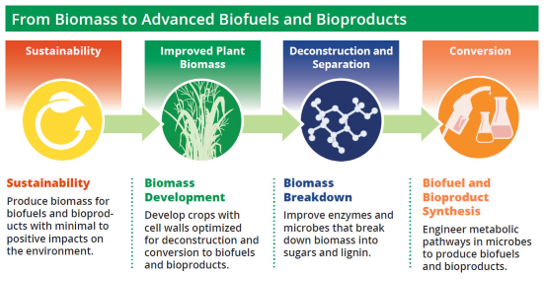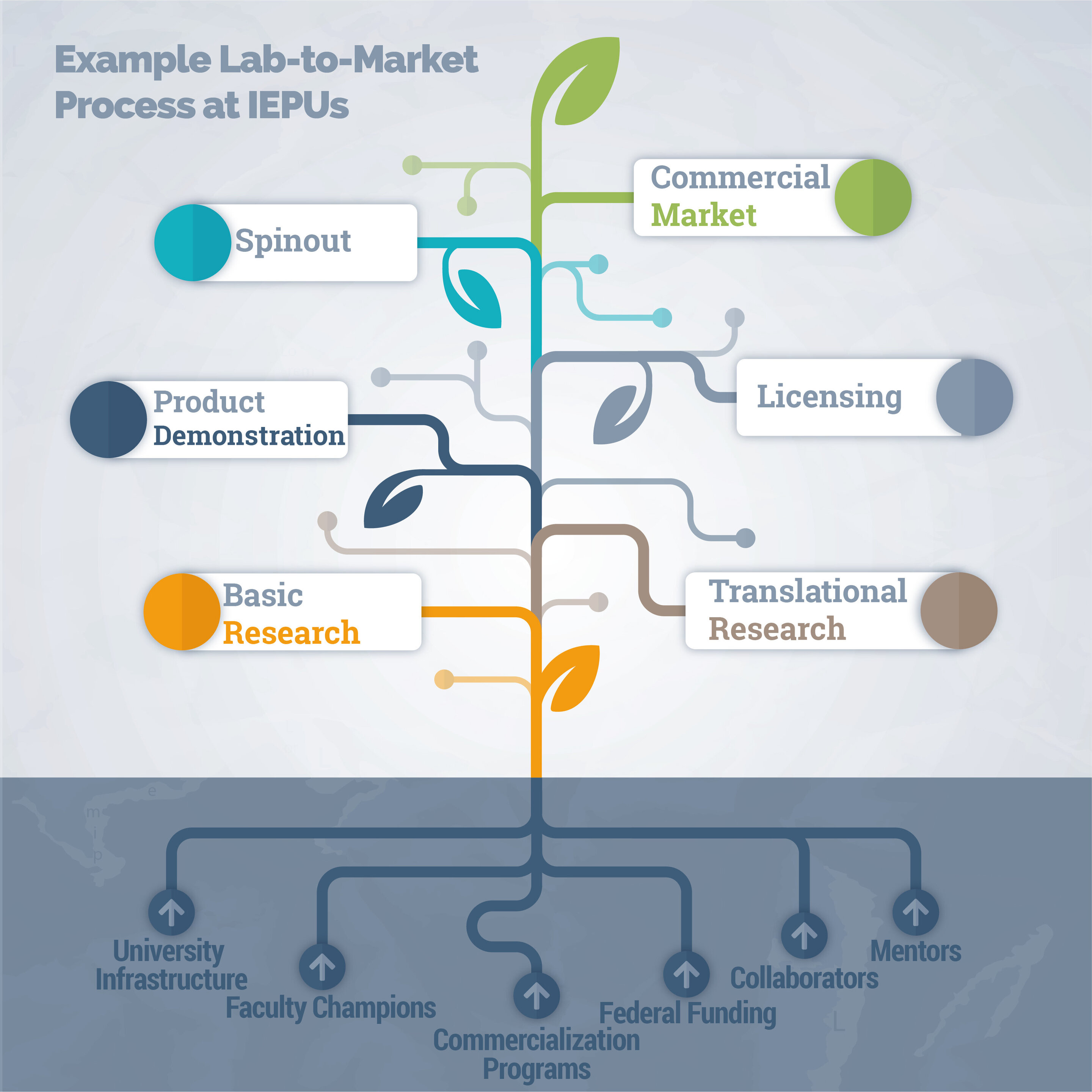
Introduction
In this article, we will delve into the world of biofuel entrepreneurship and explore the relevance and importance of the approach in this field. Biofuels have gained significant attention as a sustainable alternative to conventional fossil fuels. Understanding the journey of a thought leader in this industry can provide valuable insights for aspiring entrepreneurs and stakeholders.
Historical Background
Biofuel entrepreneurship has a rich historical development, with the concept evolving over time. The field has witnessed key milestones and breakthroughs, driving the progress of biofuel production technologies and commercialization efforts. These advancements have paved the way for the current state of biofuel entrepreneurship.
Key Concepts and Definitions
To fully grasp the essence of biofuel entrepreneurship, it is essential to define the terms and concepts associated with this field. Biofuel entrepreneurship involves the development and commercialization of sustainable fuel derived from renewable biological resources. The approach emphasizes the need to bridge the gap between laboratory research and large-scale production, ensuring the successful implementation of biofuel technologies. Understanding key terms like sustainable fuel, feedstock, and commercialization is crucial to navigate the world of biofuel entrepreneurship effectively.
Main Discussion Points
Challenges and strategies in scaling up biofuel production
Scaling up biofuel production poses several challenges that need to be overcome. Technological barriers, such as inefficient conversion processes and high production costs, hinder the large-scale implementation of biofuel technologies. Additionally, securing funding and investments for biofuel projects can be challenging due to the perceived risks and uncertainties in the industry. Regulatory and policy considerations also play a vital role in shaping the biofuel entrepreneurship landscape.

Successful case studies in biofuel entrepreneurship
Examining successful case studies in biofuel entrepreneurship provides valuable insights into the journey from laboratory research to commercialization. Case study 1 focuses on Company X, which successfully transitioned from laboratory research to commercialization. The company’s technological innovations, strategies to overcome challenges, and the subsequent market impact and success are discussed. Case study 2 highlights Entrepreneur Y’s biofuel venture, including the identification of market opportunities, development of a sustainable supply chain, and the lessons learned that have made a significant impact on the industry.
The role of partnerships and collaborations in biofuel entrepreneurship
Partnerships and collaborations between research institutions, industry players, and public-private entities play a vital role in biofuel entrepreneurship. Collaborations between research institutions and industry facilitate knowledge exchange and accelerate technological advancements. Public-private partnerships bring together stakeholders from different sectors to drive biofuel entrepreneurship forward. Examples of successful partnerships are explored to showcase the power of collaborations in this field.
Current Trends or Developments
The biofuel entrepreneurship sector is witnessing rapid advancements in biofuel conversion technologies. Innovative approaches, such as advanced biofuel production methods and the utilization of waste materials as feedstock, are gaining prominence. The emergence of new biofuel feedstocks, including algae and non-food crops, holds immense potential to revolutionize the industry. Furthermore, policy and regulatory developments are shaping the biofuel entrepreneurship landscape, creating new opportunities and challenges.
Challenges or Controversies
As with any industry, biofuel entrepreneurship faces environmental impacts and sustainability concerns. The production of biofuels can have unintended consequences, such as deforestation and increased water usage, which need to be addressed. Competing interests between food production and biofuel production also raise concerns about resource allocation and food security. Socioeconomic implications, such as the impact on local communities and the redistribution of wealth, are also important considerations in biofuel entrepreneurship.

Future Outlook
The biofuel entrepreneurship sector holds immense potential for growth and opportunities. Technological advancements, such as improved conversion processes and the development of novel feedstocks, will continue to drive innovation in the industry. However, challenges such as cost-effectiveness and scalability need to be addressed through further research and development efforts. The future of biofuel entrepreneurship is promising, with increasing support from governments and stakeholders worldwide.
Conclusion
In conclusion, the journey from laboratory research to market for biofuel entrepreneurship is a complex and exciting one. The approach plays a crucial role in bridging the gap between scientific advancements and commercialization. By overcoming challenges, leveraging successful case studies, fostering partnerships, and staying abreast of current trends, biofuel entrepreneurs can contribute to a sustainable and greener future.




